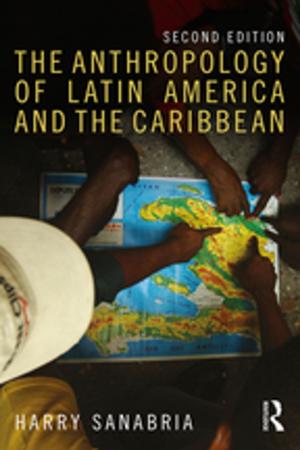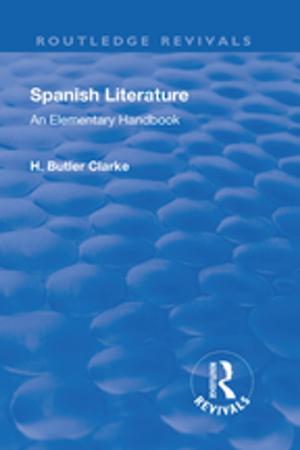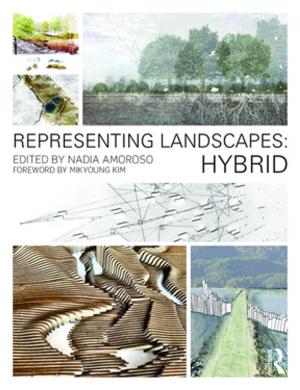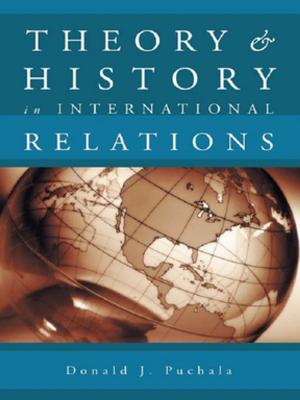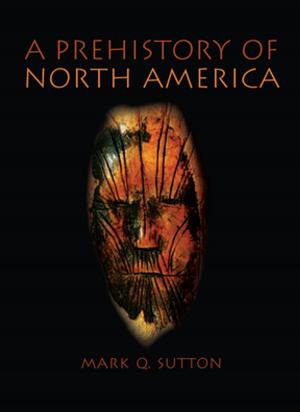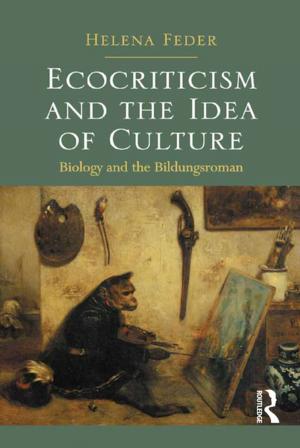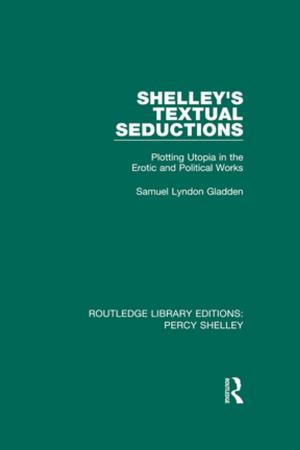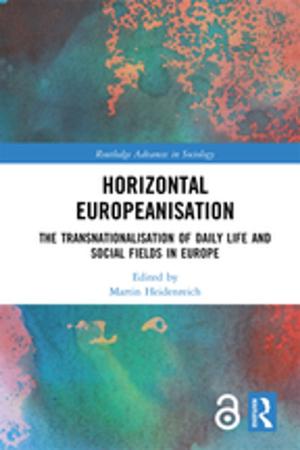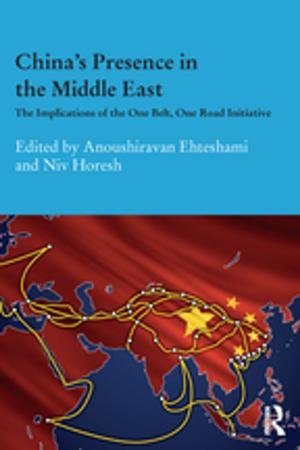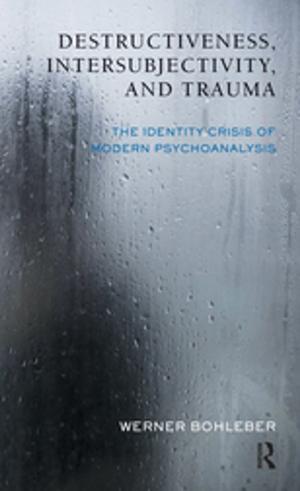Paul Celan's Encounters with Surrealism
Trauma, Translation and Shared Poetic Space
Fiction & Literature, Literary Theory & Criticism| Author: | Charlotte Ryland | ISBN: | 9781351193535 |
| Publisher: | Taylor and Francis | Publication: | December 2, 2017 |
| Imprint: | Routledge | Language: | English |
| Author: | Charlotte Ryland |
| ISBN: | 9781351193535 |
| Publisher: | Taylor and Francis |
| Publication: | December 2, 2017 |
| Imprint: | Routledge |
| Language: | English |
"Paul Celan (1920-1970), one of the most important and challenging poets in post-war Europe, was also a prolific and highly idiosyncratic translator. His post-Holocaust writing is inextricably linked to the specific experiences that have shaped contemporary European and American identity, and at the same time has its roots in literary, philosophical and scientific traditions that range across continents and centuries surrealism being a key example. Celan's early works emerge from a fruitful period for surrealism, and they bear the marks of that style, not least because of the deep affinity he felt with the need to extend the boundaries of expression. In this comparative and intertextual study, Charlotte Ryland shows that this interaction continued throughout Celans lifetime, largely through translation of French surrealist poems, and that Celans great oeuvre can thus be understood fully only in the light of its interaction with surrealist texts and artworks, which finally gives rise to a wholly new poetics of translation. Charlotte Ryland is Lecturer in German at St Hughs College and The Queens College, Oxford."
"Paul Celan (1920-1970), one of the most important and challenging poets in post-war Europe, was also a prolific and highly idiosyncratic translator. His post-Holocaust writing is inextricably linked to the specific experiences that have shaped contemporary European and American identity, and at the same time has its roots in literary, philosophical and scientific traditions that range across continents and centuries surrealism being a key example. Celan's early works emerge from a fruitful period for surrealism, and they bear the marks of that style, not least because of the deep affinity he felt with the need to extend the boundaries of expression. In this comparative and intertextual study, Charlotte Ryland shows that this interaction continued throughout Celans lifetime, largely through translation of French surrealist poems, and that Celans great oeuvre can thus be understood fully only in the light of its interaction with surrealist texts and artworks, which finally gives rise to a wholly new poetics of translation. Charlotte Ryland is Lecturer in German at St Hughs College and The Queens College, Oxford."

